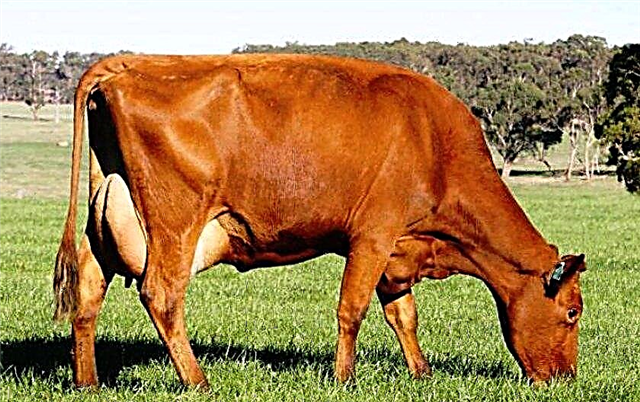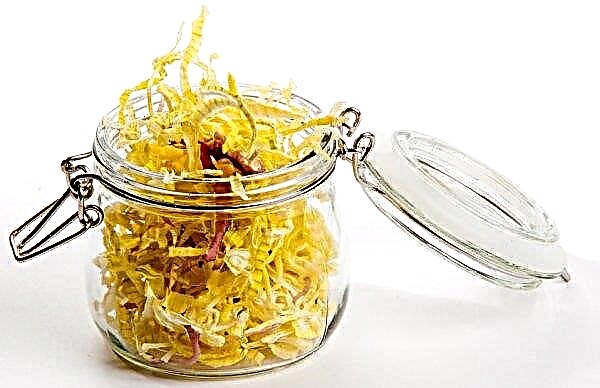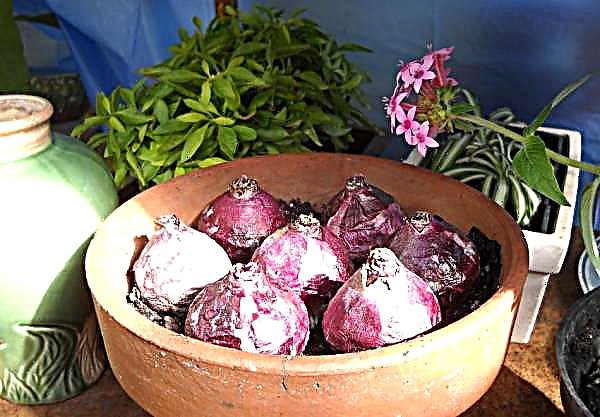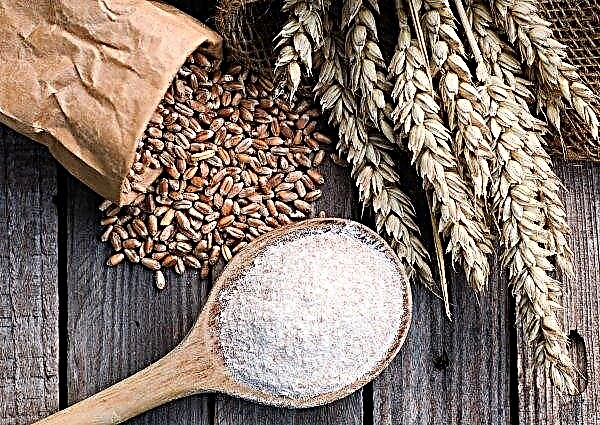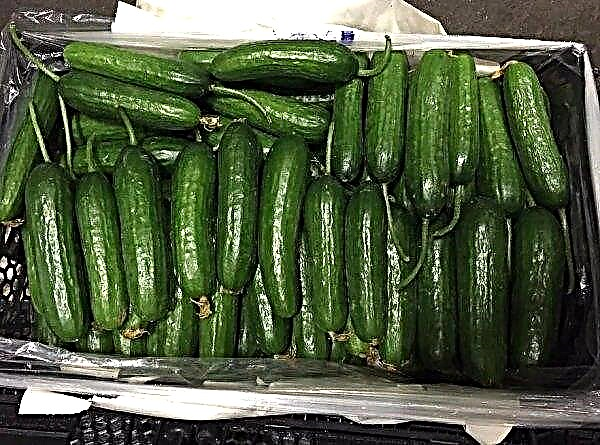Cotton seed producers want the government to immediately announce the revised price of BT Cotton seeds so that there is no shortage of Punjab and Haryana, where the planting season begins in two weeks.
Seed producers want to increase the price of seeds by 10% due to rising costs.
“In order to ensure the availability of cotton seeds to farmers at fair, reasonable and affordable prices and to reduce the cost of exorbitant prices, we are forced to take these measures,” he said in “Lok Sabha.”

Each year, the government sets the price of BT Cotton, taking into account the value of the trait, the cost of seeds, trade margins and other factors. In 2019, the price of Bollgard-II (BG-II) cotton seeds was set at $ 9.77 per 450 g bag, including $ 0.27 per grade tag.
Cotton seeds are used in the preparation of butter and flour.
The National Seed Association of India (NSAI) and the Seed Federation of India (FSII) have announced that they are awaiting official government notice of the cancellation of the tag fee and new prices for the 2020–2021 cotton season.
“Monsanto claims patent rights for Bt Cotton seeds. After the patent expires, the government is obliged not to take into account any feature. At our government office, we asked to increase the sowing price from $ 9.5 to $ 10.44 per 450-gram package, ”said NSAI President M. Prabhakar Rao.

Meanwhile, Ram Kaundinha, CEO of FSII, said seed prices should include the cost of the trait, and the cost of seeds should increase by 10% to $ 10.74 per 450 g packet to offset the cost of sowing.
- Earlier, we wrote that in the USA, cotton seeds were recognized as a GM food product.
- Adidas has moved forward in the ranking and has become the world leader in the supply of green cotton. Occupying the 6th place in last year’s ranking, the clothing company currently receives 100% of its cotton from sustainable sources and tops the Cotton rating of 2020, which shows the most well-known brands using sustainable cotton. Ikea and H&M Group took second and third places respectively.
- On Thursday June 20, members of Shetakari Sanghtana, a farming organization, planted a herbicide-resistant cotton (NT) variety banned in India as an act of civil disobedience in Maharashtra.

